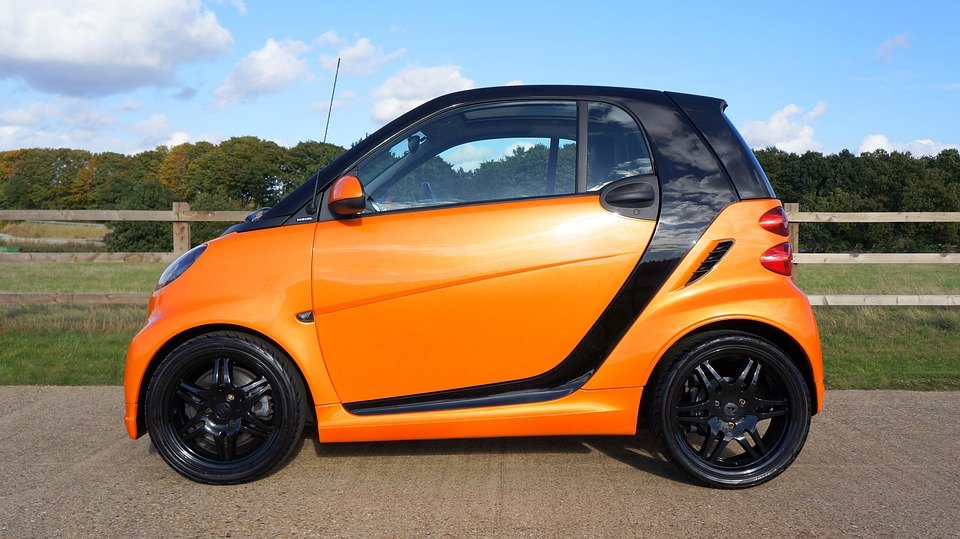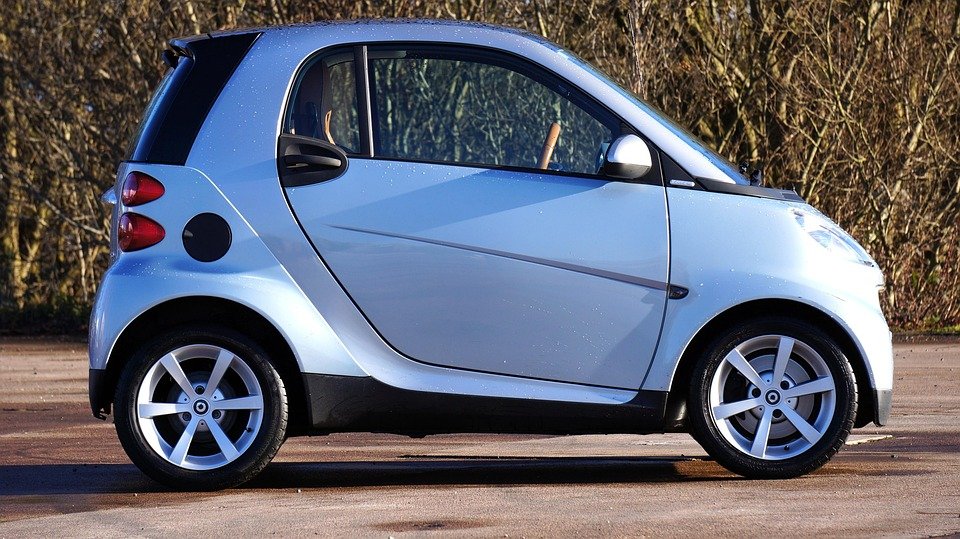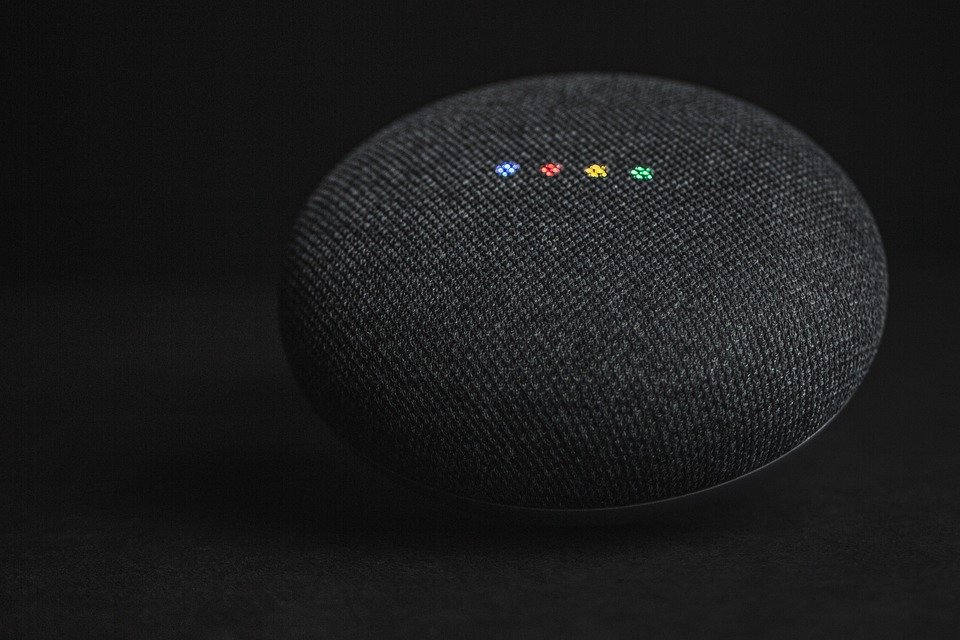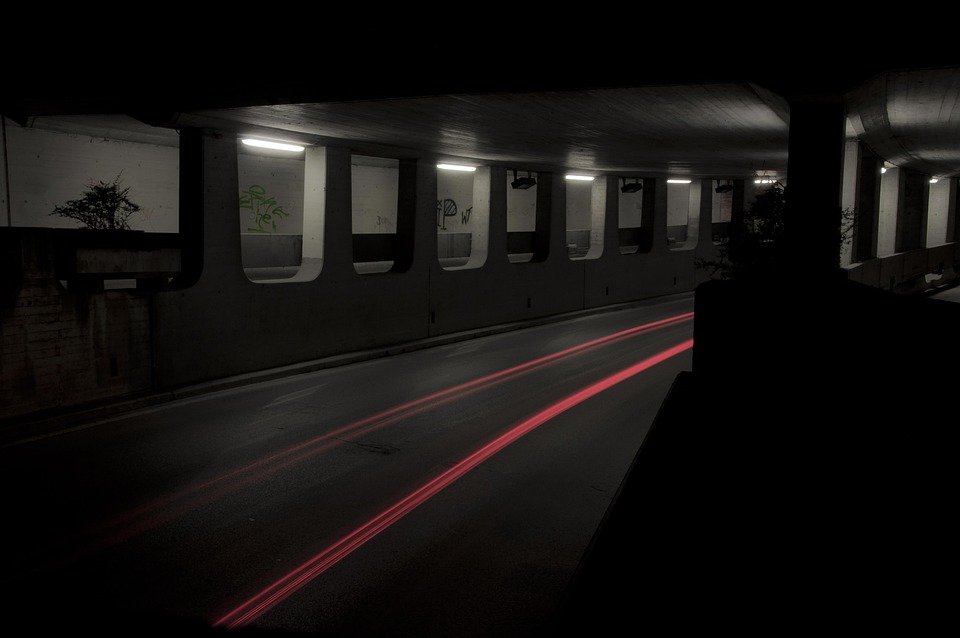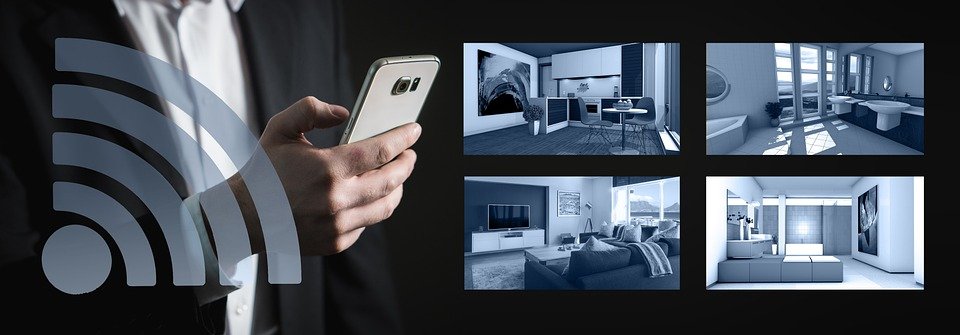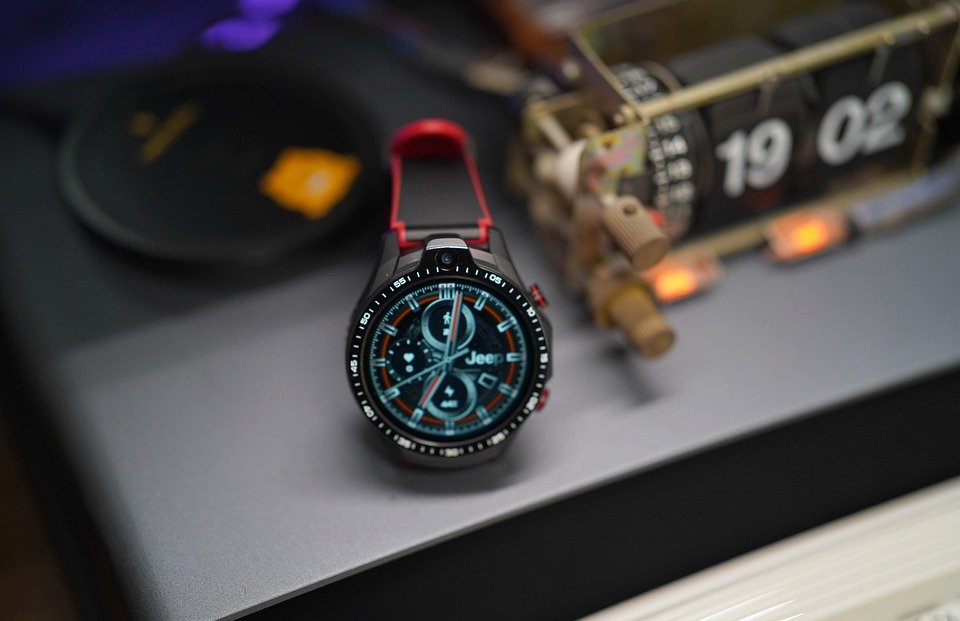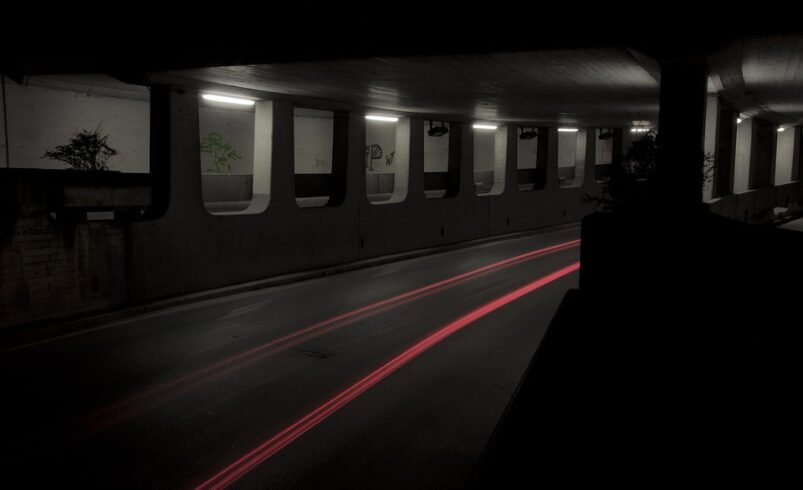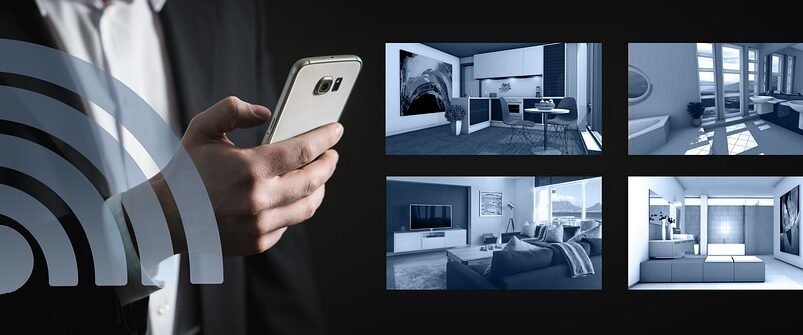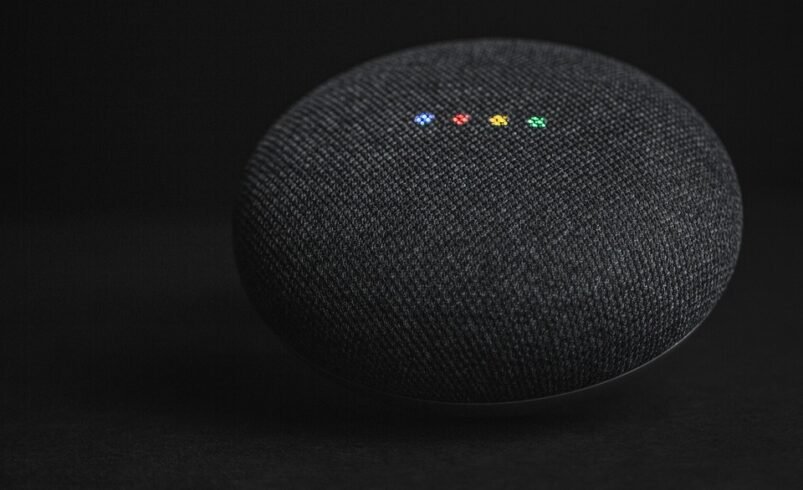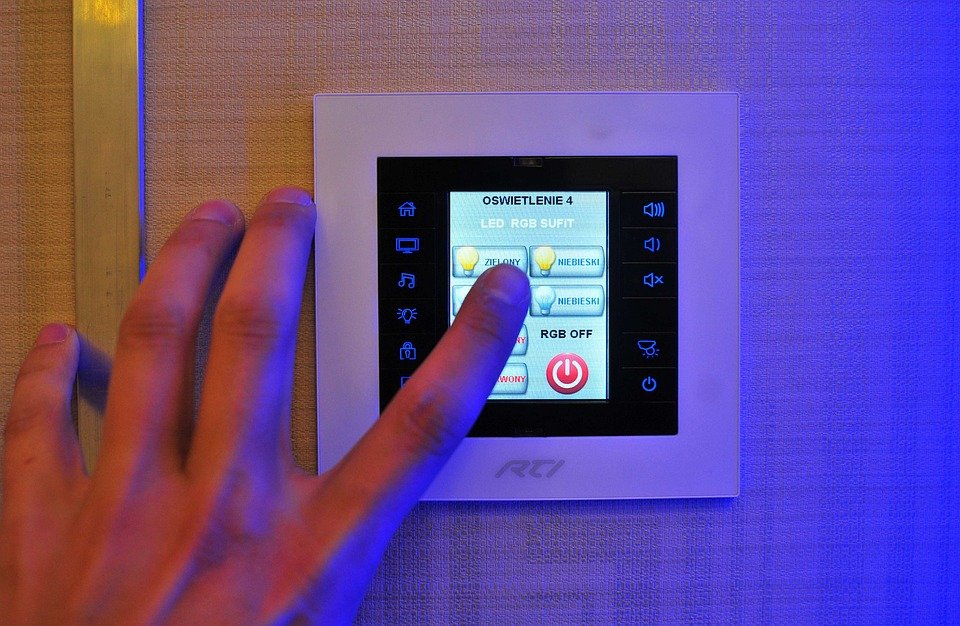Smart lights have become a popular home automation feature, offering convenience, energy savings, and customizable lighting options. However, many people wonder whether these smart devices can function without an internet connection. The answer is yes and no—it depends on the type of smart lighting system you have and how it’s configured.
How Smart Lights Typically Work
Most smart lights connect to your home network via Wi-Fi, Bluetooth, Zigbee, or Z-Wave. Some rely heavily on cloud-based servers (requiring internet access), while others operate locally (offline).
1. Wi-Fi-Based Smart Lights (Usually Need Internet)
Smart lights like Philips WiZ, TP-Link Kasa, and LIFX depend on a Wi-Fi connection and often require cloud services for remote control via apps.
- With Internet: You can control them remotely (outside your home) or use voice assistants (Alexa, Google Assistant). Firmware updates and integrations with other smart devices work.
- Without Internet: You may lose remote access and voice assistant functionality, but some models offer local control via the same Wi-Fi network (e.g., TP-Link Kasa can work in local-only mode).
2. Bluetooth-Based Smart Lights (Work Without Internet)
Smart bulbs like some lower-cost options from brands like Sengled or Cync operate via Bluetooth.
- With Internet: If integrated with a hub or app, internet may enhance functionality.
- Without Internet: You can still control them via Bluetooth (within range, typically 30-50 feet) using a smartphone. However, features like scheduling may be limited.
3. Zigbee/Z-Wave Smart Lights (Work Mostly Without Internet)
Lights connected via Zigbee or Z-Wave (like Philips Hue, Aqara, or Lutron) use a local hub (e.g., Philips Hue Bridge, Samsung SmartThings).
- With Internet: Allows remote control, firmware updates, and smart assistant integration.
- Without Internet: The lights can still function locally—you can control them via the hub’s app (if on the same network), physical switches, or automation rules stored in the hub.
4. Proprietary Smart Lighting Systems (Often Work Offline)
Some brands (like Lutron Caséta) use dedicated hubs that store automations locally.
- Without Internet: Schedules and switch-based controls will keep working, but remote app controls and smart assistant features will be disabled.
When Do Smart Lights Need Internet?
- Remote control outside your home
- Firmware updates
- Integration with Alexa/Google Assistant
- Cloud-based automations (IFTTT, geofencing)
How to Use Smart Lights Without Internet
- Opt for Zigbee/Z-Wave lights with a local hub (Philips Hue, Aqara).
- Use Bluetooth mode if available.
- Set up automations locally in a hub (Home Assistant, Hubitat).
- Use physical controls (smart switches, motion sensors).
Conclusion
Many smart lights can work without internet, but functionality may be limited. If you want offline reliability, choose Zigbee/Z-Wave systems or Bluetooth bulbs. Wi-Fi-dependent bulbs will lose remote features but may still work locally.
By selecting the right system, you can enjoy smart lighting even when the internet goes down!
Would you like recommendations for specific offline-friendly smart lighting setups? Let me know!


